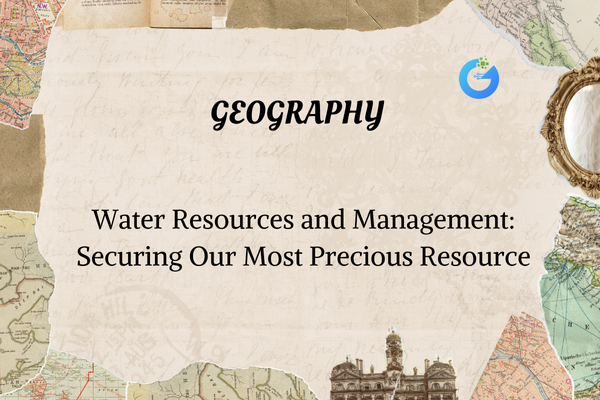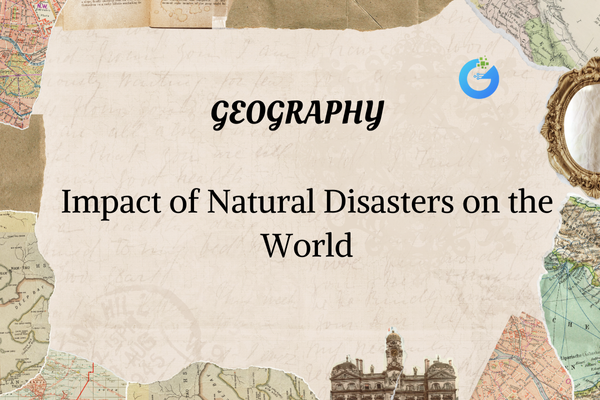Introduction: Who Really Runs the Country?
When you hear the word “election,” what comes to mind? Voting? Campaigns? Politicians on TV? But elections are much more than just a political event—they’re how you and I, ordinary citizens, help decide who runs the country.
In India, a country of over 1.4 billion people, where hundreds of languages are spoken and every region has its own identity, elections give everyone a fair and equal voice. Whether you live in a metro city or a small village, your vote carries the same weight.
This chapter is all about understanding electoral politics in a simple, practical way—perfect for students who want to know how democracy really works in action.
expert-led Civics classes – visit our website to learn more
What Is Electoral Politics?
Electoral politics refers to everything connected to elections—voting, campaigning, political parties, candidates, and the way leaders are chosen.
In a democracy like India:
- People elect their leaders.
- Governments are formed by those who win majority support.
- Power stays with the people.
Elections are not just a way to choose a government—they are a peaceful way to transfer power, hold leaders accountable, and bring change.
Why Are Elections Important in a Democracy?
| Reason | Why It Matters |
| Choose Your Leaders | Citizens decide who represents them in Parliament or State Assemblies |
| Keep Leaders Accountable | If leaders don’t perform, voters can remove them in the next election |
| Give Everyone Equal Voice | No matter how rich or poor, everyone gets one vote |
| Ensure Public Participation | People get involved in shaping the future of their nation |
Types of Elections in India
India holds elections at multiple levels:
| Type of Election | What It Elects |
| General Elections | Lok Sabha MPs (held every 5 years) |
| State Elections | MLAs in State Assemblies |
| By-elections | Fill a vacant seat between regular elections |
| Local Body Elections | Members of Panchayats (villages) and Municipalities (cities) |
| Rajya Sabha Elections | Members elected by MLAs, not directly by the public |
Who Can Vote?
In India, Universal Adult Franchise means:
- Every Indian citizen 18 years and above has the right to vote.
- You must be registered in the electoral roll.
- Voting is done through a secret ballot—your vote is confidential.
The Election Process: How Does It All Happen?
Here’s a step-by-step breakdown of how elections are held in India:
- Announcement of Election Dates
➤ Done by the Election Commission of India. - Filing of Nominations
➤ Candidates submit forms to contest. - Scrutiny and Withdrawal
➤ Documents are checked; candidates can withdraw. - Campaigning
➤ Parties and candidates spread their messages and promises. - Voting Day
➤ Voters cast votes using Electronic Voting Machines (EVMs). - Counting and Results
➤ Votes are counted and winners are declared.
Political Parties: Who Are the Players?
Political parties are groups of people with shared beliefs who contest elections together.
| Type | Examples |
| National Parties | BJP, Indian National Congress, CPI(M), BSP |
| State Parties | DMK (Tamil Nadu), TMC (West Bengal), Shiv Sena |
| Independent Candidates | Individuals not part of any political party |
Political parties help:
- Present ideas and solutions
- Select and support candidates
- Form the government if they win majority support
Role of the Election Commission
The Election Commission of India (ECI) is an independent body that:
- Conducts elections across the country
- Prepares voter lists
- Ensures fair campaigning
- Monitors election expenses
- Enforces the Model Code of Conduct
- Uses technology like EVMs and VVPATs to prevent fraud
The ECI has the power to cancel elections if it finds serious violations.
Free and Fair Elections: How India Ensures It
India follows practices to make elections fair:
- Use of EVMs to avoid tampering
- Voter ID verification before voting
- Secret ballot to protect privacy
- Booth officers to assist voters
- Election observers to monitor the process
- Helplines and mobile apps to report cheating or violence
Challenges in Electoral Politics
Even though India has a strong system, some problems remain:
| Challenge | Impact |
| Vote Buying | People may be offered cash or gifts to vote for a candidate |
| Caste & Religion Politics | Divides voters and distracts from real issues |
| Criminal Candidates | Some candidates have pending criminal cases |
| Fake News & Propaganda | Misinforms voters and spreads fear or hatred |
| Unequal Resources | Richer parties have more money for campaigns |
Role of a Responsible Voter
As a citizen and future voter, here’s how you can help keep democracy strong:
- Get informed: Know what parties and candidates stand for.
- Don’t sell your vote: Don’t vote based on gifts or promises.
- Ask questions: What has your leader done in the past 5 years?
- Vote based on issues: Choose leaders who talk about health, education, roads—not caste or religion.
- Spread awareness: Help friends and family make informed choices.
Core Concepts Table
| Term | Meaning |
| Electoral Roll | Official list of registered voters |
| EVM | Electronic Voting Machine |
| Model Code of Conduct | Rules to guide political parties during elections |
| Universal Adult Franchise | Voting right for all adults (18+) |
| First-Past-the-Post System | Candidate with the most votes wins |
Frequently Asked Questions (FAQs)
Q1. What is electoral politics?
It includes the process of elections and how people choose their leaders in a democracy.
Q2. Who conducts elections in India?
The Election Commission of India (ECI).
Q3. What is the minimum age to vote?
18 years.
Q4. What is an EVM?
An Electronic Voting Machine used to cast votes.
Q5. What is the role of political parties?
They represent different ideologies, contest elections, and form governments.
Fun Facts
- India’s first general election in 1951–52 involved 17 crore voters and ballot boxes made of wood!
- The world’s highest polling station is in Himachal Pradesh at 15,256 feet!
- India has more registered voters than the entire population of Europe.
- In 2019, one polling station was set up for just one voter in Gujarat!
Conclusion: Your Vote, Your Voice
Electoral politics is more than just politics—it’s personal. Every vote is a voice. Every citizen is a decision-maker. And every election is a chance to shape the future.
In a democracy like India, the power doesn’t lie in a king’s crown or a general’s sword. It lies in something far more powerful—your vote.
So whether you’re voting today or will do it in the future, remember: elections aren’t just a right—they’re your responsibility.








